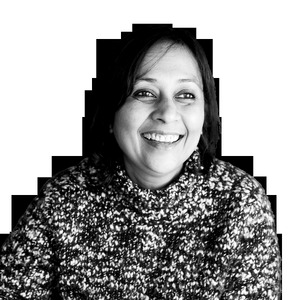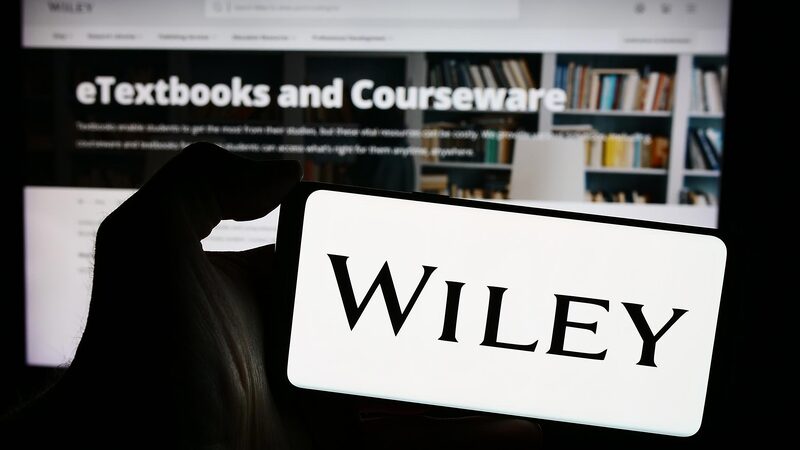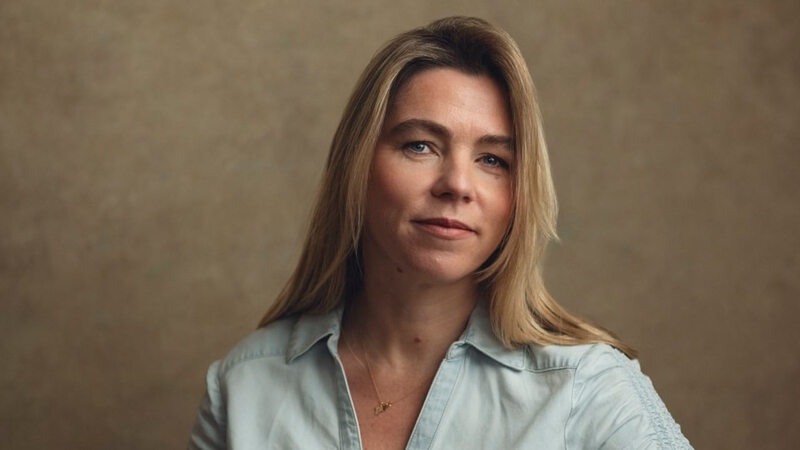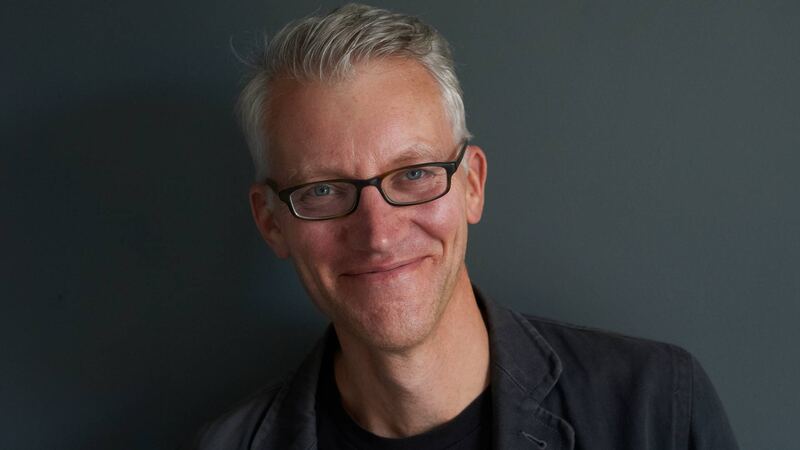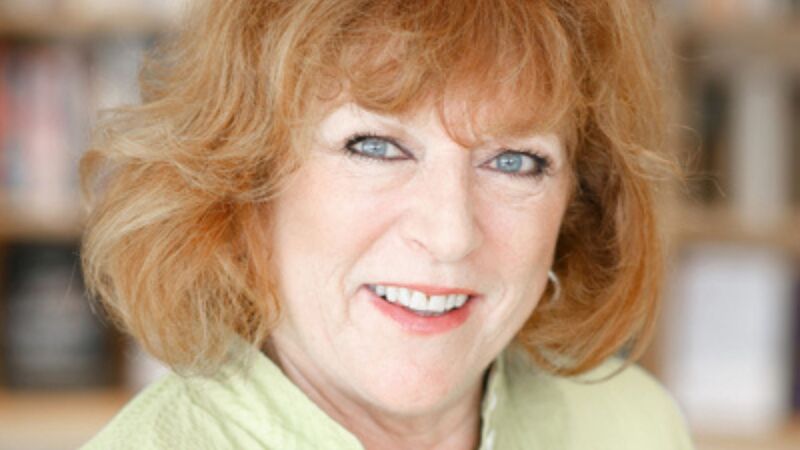Art is always political
This week’s backlash against the Arts Council reminds us to re-examine what art is really for.
On Tuesday, Arts Council of England (ACE) released a statement about the organisation’s funding policy. You have all probably read it by now. The statement warned creatives and organisations against "reputational risk" which ACE defined as any “activity that might be considered overtly political and activist and goes beyond your company’s core purpose and partnerships with organisations that might be perceived as being in conflict with the purposes of public funding of culture”. This was not limited to activities directly funded by ACE.
Is any form of art unpolitical? I write from several places of marginality. Author bell hooks calls this marginality a place of resistance. I too see this place of otherness not as a place of deprivation but as a place of opportunity and possibility. Anything and everything I write is political. It has to be. My lived experience, much like any other marginalised writer, is a space of refusal to accept what is laid out for us, the boundaries that are set around our existence, the spaces we are not allowed to inhabit. We learn to oppose these norms that limit our existence, and opposition becomes a necessity, not a choice. Writing is a way of writing ourselves into the mainstream, telling stories that are not necessarily heard, challenging the colonisers and oppressors, and imagining a radical new world where these boundaries and hierarchies do not exist anymore. Writing is a way of finding a counter-language, that hooks calls a "space of refusal" where we say no to the language of the colonisers and oppressors and find a language to name the repression. Once we silence these counter-narratives then we silence the language of resistance.
While I am writing this ACE has released an update, a sort of pushed-into-a-corner, we-are-not-really-bad but only-thinking-of-your-own-good statement; a faux-benevolent backtracking. It mentions "freedom of expression" and "artistic freedom" a few times to allay concerns and outrage expressed widely by artists on social media and elsewhere. Nevertheless, it refers once again to reputational risk, to polarisation and puts the onus on the organisations to make sure "that if they, or people associated with them, are planning activity that might be viewed as controversial, they have thought through, and so far as possible mitigated, the risk to themselves and crucially to their staff and to the communities they serve".
There are larger questions at stake here as to what the public funds are for if not to fund art that resists the artificial oppressive structures inherent in our society and systems
Perhaps the timing is merely a coincidence as we are witnessing a collective outrage among artists against the genocide happening in Palestine. If this is silencing and censorship, then of course it isn’t anything new, but to couch it within a concern for "reputational risk" seems disingenuous. There are larger questions at stake here as to what the public funds are for if not to fund art that resists the artificial oppressive structures inherent in our society and systems. If not this, then culture can never evolve beyond the limits of our current imaginations. Preventing creatives from challenging dominant norms, questioning, speaking their truth will only result in a monolith ossified culture, stagnant and festering with dissent and paralysed with fear.
Marginalised writers have lived with these fears for so long. Reputational risk is not something to be taken lightly. For anyone who is an "other" it is an anxiety that lies heavy on their shoulders, something that lurks silently at all times intent on pushing them away further into the margins. The warning against "reputational risk" feels like bullying, and intimidation. And the whole purpose of bullying is to create self-doubt, uncertainty and unease. As we face even more cuts to arts funding and public funding becomes even more scarce, creating a culture of fear is counter-productive to encouraging and supporting innovative art. The ACE stance is silencing of those who have been marginalised, and those who speak up against oppressive forces, telling artists to stay within their boxes, quiet, unchallenging, unresistant, fearful of the repercussions. When people are silenced, it creates hopelessness and despair.
However, within this space of irresolution, new resistance will emerge, new communities of artistic dissent will coalesce. In this way, perhaps ACE has done all of us a favour. It has made us reconsider how we view creativity and art, its purpose, and its place in the world. It has made us even more determined to always speak our truth, to write our truth. One of the most important things art can do is to challenge dominant narratives, to uncover the biases inherent in the hegemonies, and to create alternative less oppressive possibilities. As Edward Said reminded us: "Colonialism is not just about the economic and political control of vast territories; it is also about the control of knowledge and representation."
